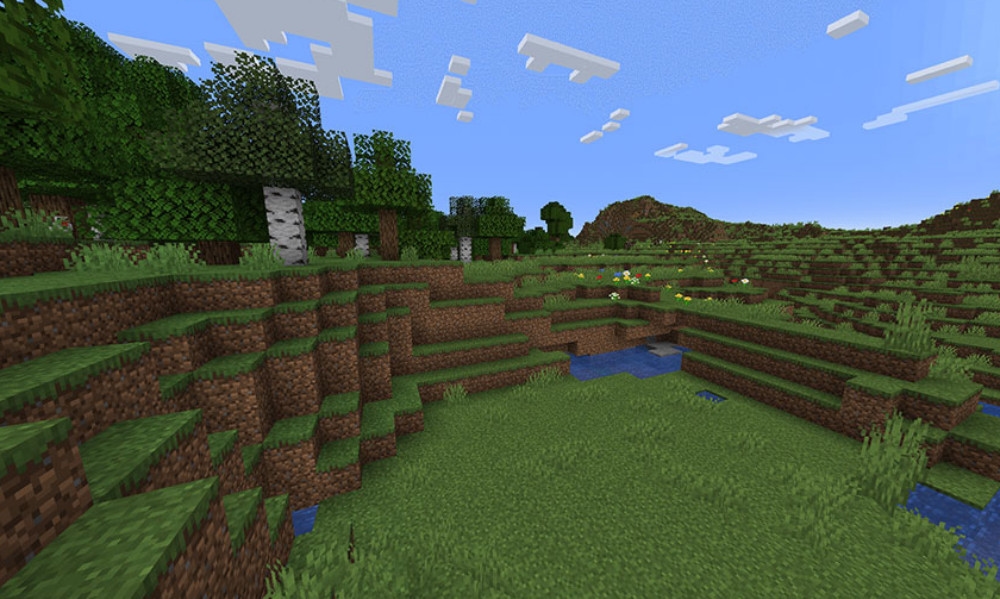
The rise and fall of Minecraft
In the vast realm of gaming, few titles have achieved the same level of success and cultural impact as Minecraft. Created by Swedish programmer Markus Persson, known as "Notch," Minecraft emerged as a phenomenon that captivated players of all ages and backgrounds. Its humble beginnings as an indie game quickly transformed into a global sensation, capturing the hearts of millions. However, as with any cultural phenomenon, Minecraft's journey has seen both tremendous growth and moments of decline. This article delves into the rise and fall of Minecraft, tracing its ascent to greatness and exploring the factors that contributed to its shifting popularity.
The Rise of Minecraft: Minecraft's rise to prominence can be attributed to several key factors. First and foremost, its unique gameplay concept, which revolves around building and exploring a vast virtual world made up of blocks, resonated with players seeking creative freedom and limitless possibilities. The game's sandbox nature allowed players to construct elaborate structures, delve into deep caverns, and embark on grand adventures, all while fostering a sense of community and collaboration.
The power of Minecraft's community cannot be overstated. As the game gained traction, players began sharing their creations, engaging in collaborative projects, and establishing dedicated servers. This communal spirit nurtured a thriving ecosystem of user-generated content, including mods, texture packs, and custom maps, further enhancing the game's replayability and expanding its reach.
Minecraft's rise to prominence was also propelled by its availability across multiple platforms. Initially released for PC, it soon found its way onto consoles, mobile devices, and even virtual reality platforms. This accessibility ensured that players from various gaming backgrounds and preferences could partake in the Minecraft experience, further fueling its exponential growth.
The Fall and Evolution: Like any long-standing phenomenon, Minecraft experienced periods of waning popularity. After reaching its peak, some players began to explore alternative gaming experiences, leading to a decline in active user numbers. The emergence of other popular games and evolving trends also played a part in Minecraft's diminished limelight.
However, the Minecraft developers, Mojang Studios, did not rest on their laurels. They continually updated the game, introducing new features, expanding gameplay mechanics, and addressing community feedback. Notably, the introduction of Minecraft's survival mode and the innovative addition of "Redstone" circuitry transformed the game into a complex and dynamic experience, attracting new and returning players alike.
Furthermore, Mojang Studios fostered collaborations and partnerships to keep Minecraft relevant and exciting. The introduction of official Minecraft merchandise, the Minecraft: Story Mode series, and crossovers with other franchises helped maintain Minecraft's presence in popular culture and engaged fans on multiple fronts.
The Revival and Enduring Legacy: In recent years, Minecraft has experienced a resurgence in popularity, often attributed to the rise of content creation on platforms like YouTube and Twitch. Influential personalities and communities have breathed new life into the game, showcasing their adventures, building competitions, and creating unique challenges that captivate audiences.
Minecraft's enduring legacy lies in its impact beyond the gaming world. Educational institutions recognized its potential as a teaching tool, using Minecraft to foster creativity, problem-solving skills, and even coding knowledge. Its block-based world has become a canvas for imaginative expression, with players and educators utilizing Minecraft as a means to recreate historical landmarks, build sustainable cities, or explore scientific concepts.
Conclusion: The story of Minecraft is one of remarkable success and evolution. From its humble beginnings, the game captured the hearts of millions, fostering a sense of creativity, community, and boundless exploration. While it experienced periods of decline, Minecraft's ability to adapt, update, and engage its community has allowed it to maintain its relevance and continue to inspire players worldwide.![]()